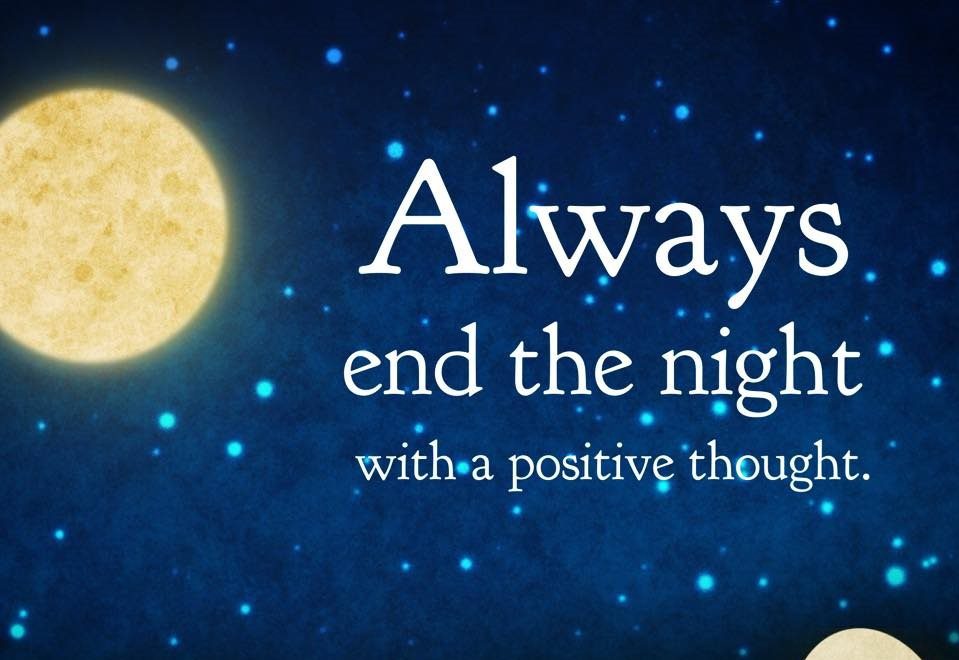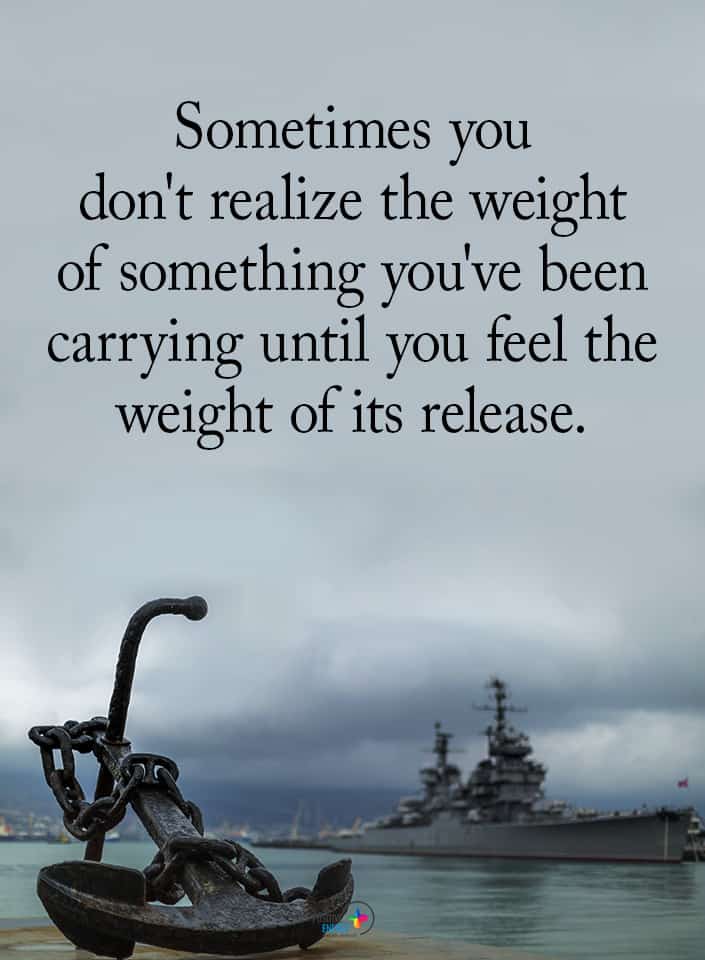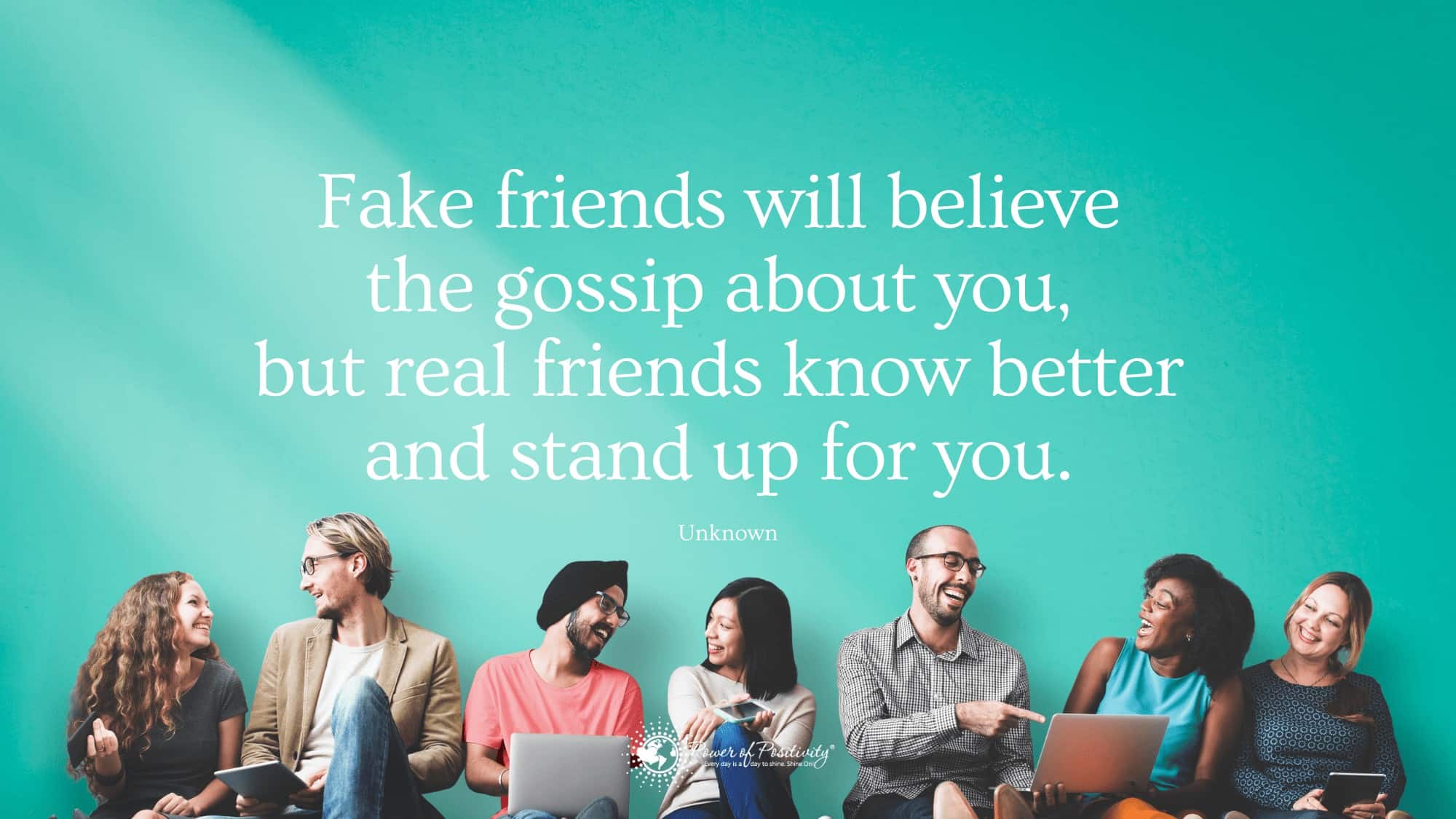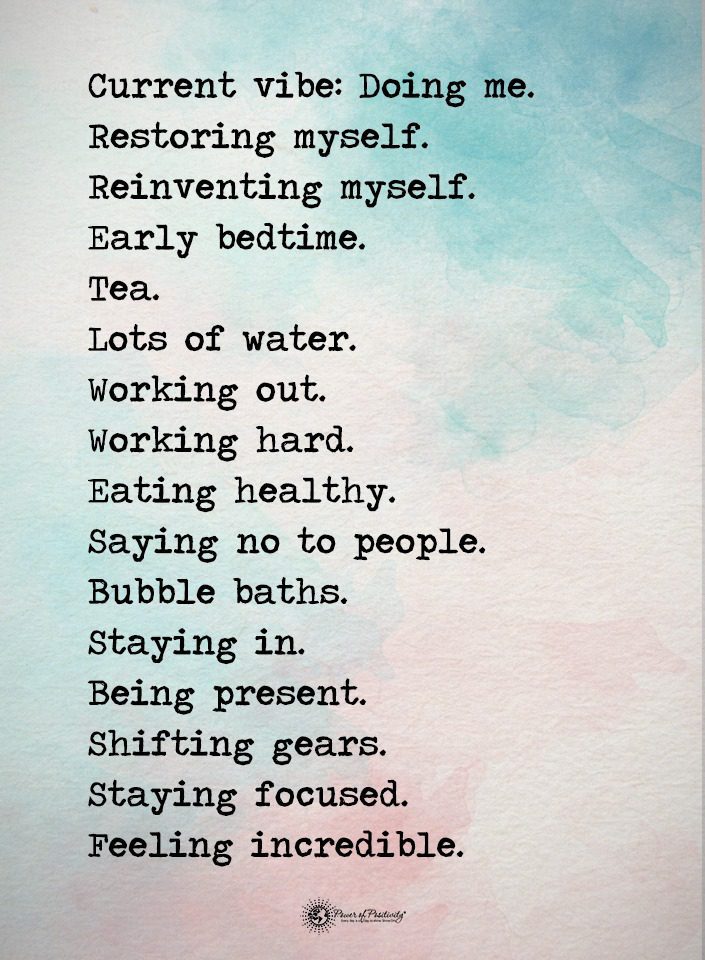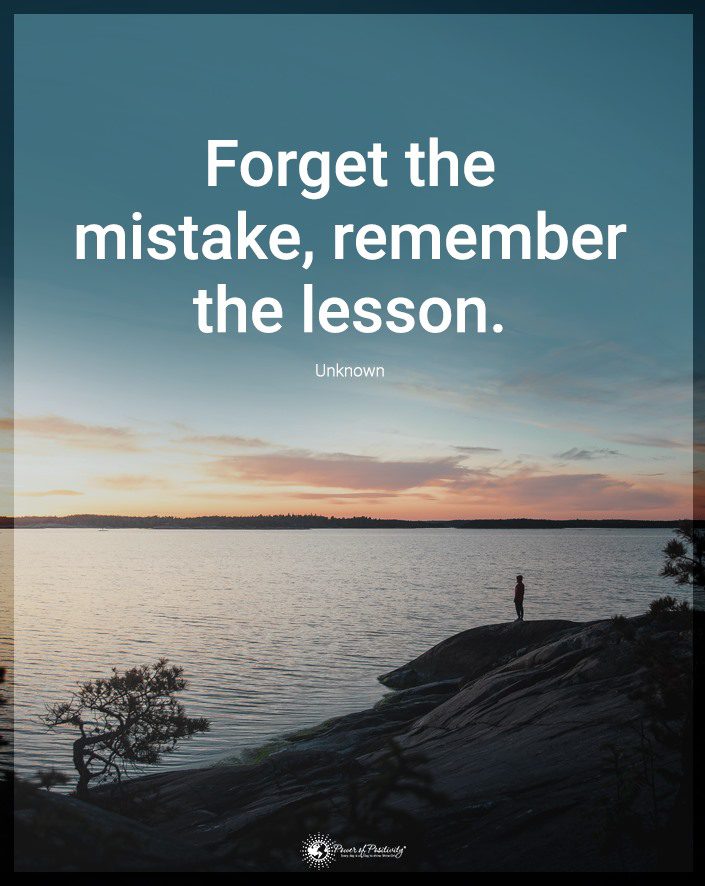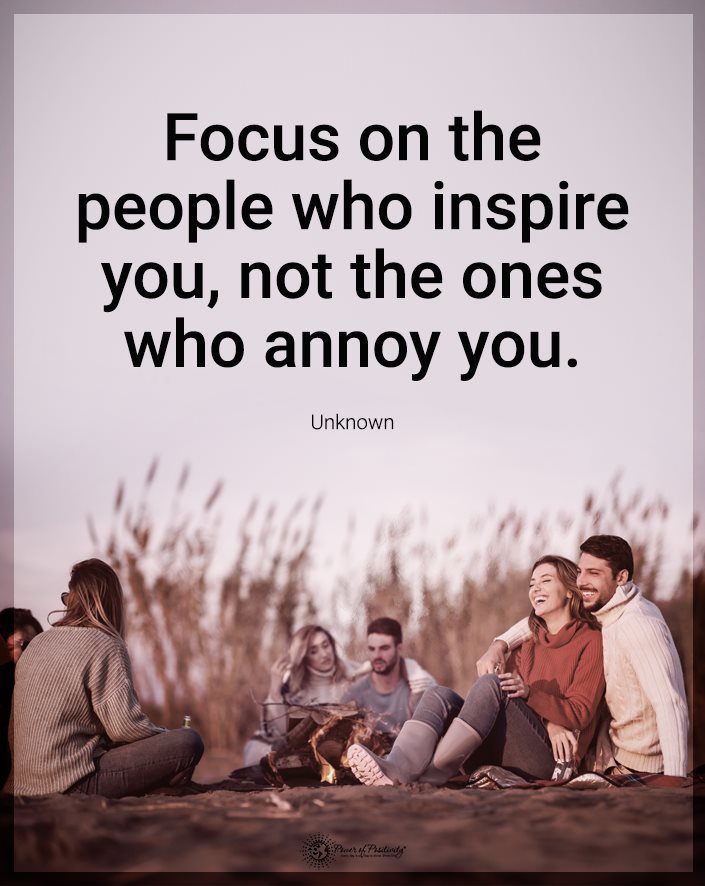Are you often too hard on yourself?
It’s easy to be forgiving to someone else but a lot harder to be forgiving to ourselves. Many people would argue that forgiveness begins at home. We can’t live our best life or do our best work unless we commit to forgiving ourselves of the mistakes we will undoubtedly make. In essence, we must learn to forgive ourselves for being what we are – human.
When it comes to self-reflection, we often ignore the positive things that make us who we are. Instead, we focus on the wrong turns we’ve taken, not realizing those turns often lead us to the right path in life. Things that throw us off track and catch us off guard in life should not define us.
“The truth is, unless you let go, unless you forgive yourself, unless you forgive the situation, unless you realize that the situation is over, you cannot move forward.” ~ Steve Maraboli
Here are 5 signs you’re too hard on yourself:
You allow a temporary setback to derail you completely.
When we are in the thick of things, it can be hard not to see a temporary setback for what it is – just a temporary setback. Where we are today is the culmination of every right turn we have ever made and every wrong one. We result from every good and bad decision, every thriving and failed relationship and every prosperous and financially poor opportunity we’ve invested in. The bottom line, we are precisely where we need to be – even though sometimes it’s hard to see.
If there is one thing we should know for sure, it’s that tomorrow is another day and the opportunity to succeed or fail comes with it. Will we choose to be crushed by it or go with the flow? It’s important to forgive ourselves of the mistakes we made yesterday so we can make better decisions today.
You put too much pressure on one action for your happiness.
There is not one single action we take that will bring about the end of the world. Sure, sometimes there are serious consequences when we choose poorly, but everything is fixable. We live, we love, and we lose. Unfortunately, sometimes we take actions that don’t always end up the way we want. That doesn’t mean taking the action was a complete loss. What matters is if we learn from the situation to improve next time. In the end, remember we are still standing and still living and that the world will turn tomorrow, the same as it is today.
You do not act from our authentic truth because you’re afraid you’re “not good enough”.
It is easy for self-doubt to creep into our psyche, causing us to second guess everything we think and do. We must look to our decisions and determine if we are making the best possible decision based on the available information. If we can answer yes, then we should feel confident moving forward and believe that the outcome is meant to be – whether good or bad.
You blame yourself for things outside of your control.
We have two choices when things do not go according to plan. We can either change it or accept it. What we can’t do is continue to blame ourselves for the same actions over and over again. The next time we find ourselves frustrated or angry, it’s important to understand our role in it and either choose to do something differently or commit to letting go of the emotion it holds over us.
You spend time focusing on what you don’t have.
It’s easy to be hard on ourselves when we spend our day looking at everything we have yet to accomplish. Our day would be better spent focusing on the achievements we’ve made.
End each day focusing on the stuff that went right. Sleeping with a sense of accomplishment will help you start on the right foot tomorrow.
Final Thoughts to Remember When You Are Too Hard on Yourself
Sometimes it is okay to be hard on yourself. It drives us and gives us purpose and direction. There is a danger that our thoughts might become a burden we carry through life, particularly if we are not careful about dealing with negativity or failures at the earliest opportunity.
It can be hard to get a fair perspective when amid turmoil or negativity, which is why it’s necessary to question things and try to find the lesson.
Most days tend to have more good than bad, but we remember the bad. Let’s commit to spending time each day with a focus of what went right instead of dwelling on what went wrong. That one thing will help you stop being so hard on yourself.

